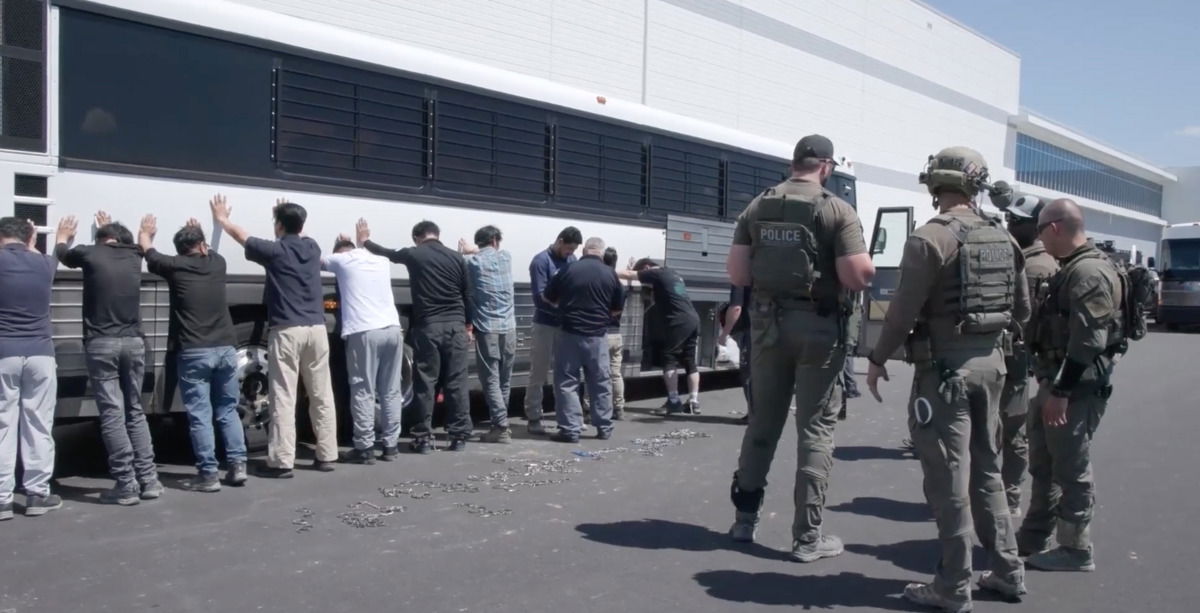In a jarring development on September 4, 2025, U.S. Immigration and Customs Enforcement conducted what Homeland Security called “the largest single-site enforcement operation in history” at Hyundai’s sprawling $7.6 billion EV production facility in Ellabell, Georgia—dubbed the Metaplant.
Approximately 475 people, most of them South Korean nationals, were detained in what looked more like a raid on a movie set than a high-tech assembly line.
Hyundai Motor America was quick to distance itself: none of those detained were directly employed by the automaker, the company stressed. Instead, they appear to have been working for LG Energy Solution or various construction subcontractors across the site—particularly at the adjacent battery plant under development.
This plant, promoted as the crown jewel of Hyundai’s U.S. expansion and a symbol of EV investment, now exposes a significant oversight: lapses in supply-chain compliance. The automaker’s reassurance—that vehicle production remains unaffected—is a small consolation next to the broader reputational blow.
Hyundai proclaimed unwavering commitment to legal standards, yet here we are, watching a raid shutter operation and ignite diplomatic tension. The diplomatic fallout was swift.
South Korea’s foreign ministry voiced “concern and regret,” warning against unjust infringements on investors' activities and citizens' rights. One cannot help but wonder if the Trump administration’s immigration-heavy posture—evident in escalating arrests nationwide—was more than a coincidence.
Hyundai’s future in the U.S. now hinges on more than tariffs, EV credits, or production targets. It rests on whether the company can build anything more than factories—can it build trust, legal rigor, and human-resources diligence?
Promises of “robust oversight” are welcome, but talk is cheap unless followed by meaningful action to ensure no worker slips through the cracks—or sparks a crisis of such magnitude again.
